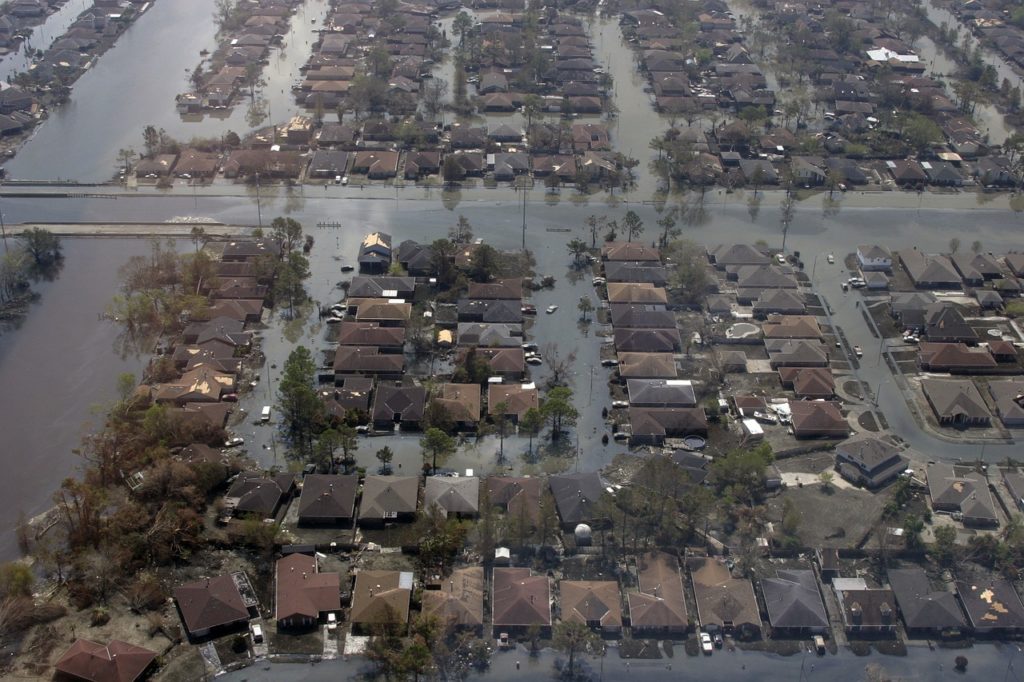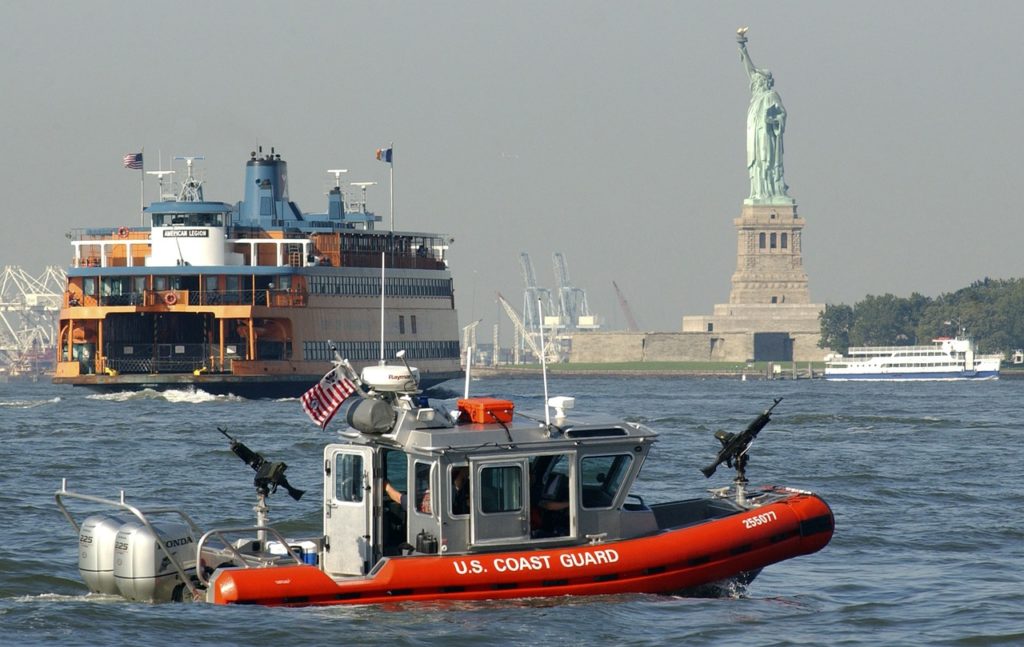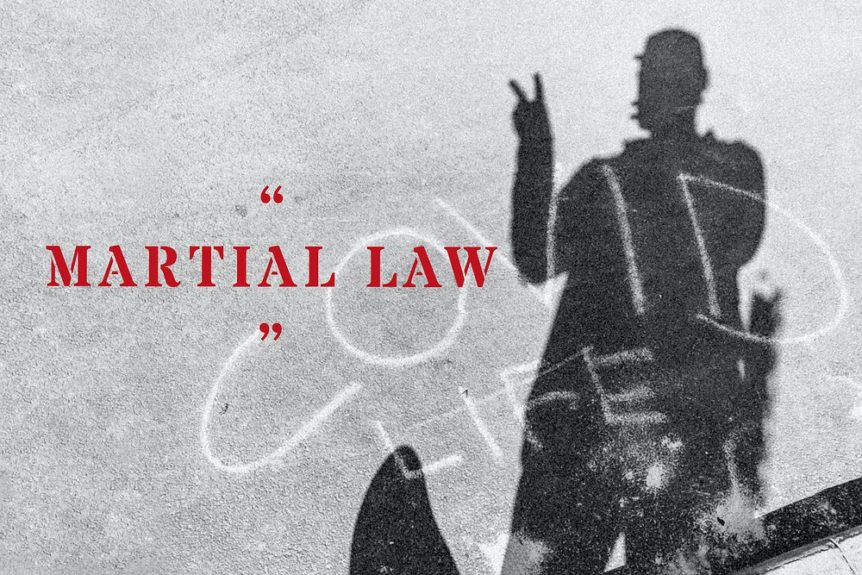Flashback to December 1941 when the Japanese launched a surprise attack on Pearl Harbor – a US naval base that was located near Honolulu, Hawaii. Within hours, the then civilian territorial governor handed control of the Hawaiian Islands over to the US commander of the armed forces.
The new military governor immediately ordered a shutdown of schools and courts, imposed a ban on the sale of alcohol, decreed a blackout and curfew, imposed censorship of all media including civilian mail, suspended labor contracts, froze wages, and took several other extreme measures, all synonymous with martial law.
The situation remained in force for nearly three years, even though there was no looming threat of another Japanese invasion after the 1942 Battle of Midway. This is perhaps one of the most notable martial law examples witnessed in American history.
So, what is martial law anyway, and can the president declare it in the wake of the coronavirus pandemic or any other devastating natural disaster? Here’s everything you need to know about it.
Martial Law Definition
Martial law in the US refers to a situation where military forces take over the administrative functions and authority of the civilian government. While this has been commonly witnessed in several other countries like Pakistan and Thailand, there has never been a nationwide imposition of martial law in the US.
The next thing you might ask is – Is martial law legal? Yes, it is. The US Constitution has this provision, although it is not explicitly mentioned.
However, federal law prohibits the military from seizing power in any area within the US borders except for what it terms as “extreme circumstances.” These include situations where state or local civilian systems degenerate, and the existing courts stop functioning, or if there is widespread rebellion against federal authority.
Nonetheless, there are instances where the military does intervene to help deal with civil disturbances such as rioting – although this is generally in a supporting role to help law enforcement agents quell the situation. They may also intervene in times of public health emergencies and natural disasters.
Martial Law Hurricane Katrina – What Really Happened

When Hurricane Katrina ravaged southeast Louisiana in August 2005, there were reports in some media that martial law had been declared in parts of the state. Violence, disorder, and confusion erupted in the wake of the disaster, which left the government with no choice but to enforce lockdown to restore order.
The presence of police, military vehicles, checkpoints, and roadblocks had become a common sight. However, this scenario was not an imposition of martial law, but rather a declaration of a state of emergency.
Louisiana’s Homeland Security and Emergency Assistance and Disaster Act of 1993, gives the governor the authority to:
- Utilize or commandeer private property if deemed necessary to deal with an emergency
- Suspend or override any piece of legislation related to the way official business is conducted if its compliance impedes or delays the necessary action required to mitigate the emergency
- Compel evacuations and facilitate the use and availability of temporary emergency housing
- Suspend the sale of alcohol and weapons
The National Guard soldiers were there in a supporting role to law enforcement agencies on site.
What Is Habeas Corpus
To reiterate, the US Constitution provides for martial law, although it doesn’t explicitly mention it. Article 1, § 8 mentions the activation of military action in times of invasion or rebellion, whereas Article 1, § 9 talks of the suspension of habeas corpus.
Habeas Corpus is a concept in the law that prevents the government from detaining an individual without a valid reason. A writ of Habeas Corpus compels government agencies to bring the individual in question before a court of law and provide reasonable cause why they are detaining them.
Its suspension is often equated to the activation of martial law, therefore allowing government agencies to detain individuals without charging them with anything.
Now, some may argue that only Congress has the power to declare martial law in the US since it is the only branch of government that has the power and authority to suspend the writ.
Other factions argue that since the President is the commander-in-chief of the US armed forces, i.e., the military, they can decide to declare martial law.
Posse Comitatus Act
§ 8 and § 9 of Article 1 could potentially set in motion a power tug-of-war between Congress and the Executive arm of the government – one which only the courts can resolve. The Posse Comitatus Act (PCA) attempts to strike a balance between the two.
It prohibits the use of the military to execute civilian law except in extreme circumstances and with the express approval of Congress. Nonetheless, there are several Posse Comitatus Act exceptions to the use of the military that don’t violate the statute. These include when:
- Congress passes a law that authorizes the use of the military to enforce federal law
- Military activities don’t involve the “execution of the law” but rather support civilian law enforcement
- Military activities assist in crimes that involve nuclear materials
- The activities involve weapons of mass destruction
- Assisting in countering transnational organized and drug-related crimes
Posse Comitatus Act and National Guard

The PCA doesn’t apply to the National Guard or the US Coast Guard in the following scenarios:
- If the National Guard forces are operating under state authority as provided for in Title 32
- When the President calls for federal National Guard troops to quell domestic violence
- When military personnel conduct aerial visual search and surveillance operations
Martial Law Examples
Aside from the Japanese attack on Pearl Harbor, which resulted in Hawaii being placed under martial law, there have been several other instances of the use of the armed forces within the US borders.
The Whiskey Rebellion of 1794 was the first instance when the US government resulted in using the military to enforce federal authority, to quell the uprising in western Pennsylvania protesting the imposition of liquor tax.
Another example of the application of martial law was in the Great Chicago Fire of 1871 that left more than 100,000 city residents homeless and another 300 dead. Martial law was declared in the city to guard the relief warehouses against looting and prevent violence from erupting.
When Civilian Systems Fail, Martial Law Kicks In
It’s important to note that the deployment of troops within the country doesn’t necessarily equate to martial law.
The President or State Governor – both of whom function as the commander-in-chief of the federal and state National Guard forces respectively – can call on them for non-military use within the borders. This is especially the case in emergency and relief operations.
On the other hand, if civil law falls apart, then a declaration of martial law would be the next logical step, but only after all other avenues to quell the uprising have failed.
So, is martial law legal in the US? Absolutely; but, only for very rare circumstances.
